Also by Barbara Ehrenreich
This Land Is Their Land: Reports from a Divided Nation
Dancing in the Streets: A History of Collective Joy
Bait and Switch: The (Futile) Pursuit of the American Dream
Nickel and Dimed: On (Not) Getting By in America
Blood Rites: Origins and History of the Passions of War
The Snarling Citizen
Kippers Game
The Worst Years of Our Lives:
Irreverent Notes from a Decade of Greed
Fear of Falling: The Inner Life of the Middle Class
The Hearts of Men:
American Dreams and the Flight from Commitment
Global Woman:
Nannies, Maids, and Sex Workers in the New Economy
(with Arlie Russell Hochschild)
Re-making Love: The Feminization of Sex
(with Elizabeth Hess and Gloria Jacobs)
For Her Own Good: 150 Years of the Experts Advice to Women
(with Deirdre English)
Witches, Midwives, and Nurses: A History of Women Healers
(with Deirdre English)
Complaints and Disorders: The Sexual Politics of Sickness
(with Deirdre English)
The Mean Season: The Attack on the Welfare State
(with Fred Block, Richard A. Cloward, and Frances Fox Piven)
BRIGHT-SIDED
BRIGHT-SIDED
How the Relentless Promotion
of Positive Thinking
Has Undermined America
Barbara Ehrenreich
Metropolitan Books
Henry Holt and Company
New York
Metropolitan Books
Henry Holt and Company, LLC
Publishers since 1866
175 Fifth Avenue
New York, New York 10010
[http://www.henryholt.com] www.henryholt.com
Metropolitan BooksTM and

TM are registered
trademarks of Henry Holt and Company, LLC.
Copyright 2009 by Barbara Ehrenreich
All rights reserved.
Distributed in Canada by H. B. Fenn and Company Ltd.
Library of Congress Cataloging-in-Publication data
Ehrenreich, Barbara.
Bright-sided : how the relentless promotion of positive thinking has undermined America / Barbara Ehrenreich.1st ed.
p. cm.
Includes bibliographical references and index.
ISBN 978-0-8050-8749-9
1. OptimismUnited States. 2. HappinessUnited States. 3. Self-confidence United States. 4. Success in businessUnited States. I. Title.
BF698.35.O57E37 2009
155.2'32dc22
2009023588
Henry Holt books are available for special promotions
and premiums. For details contact: Director, Special Markets.
First Edition 2009
Designed by Meryl Sussman Levavi
Printed in the United States of America
1 3 5 7 9 10 8 6 4 2
To complainers everywhere:
Turn up the volume!
Contents
BRIGHT-SIDED
Introduction
A mericans are a positive people. This is our reputation as well as our self-image. We smile a lot and are often baffled when people from other cultures do not return the favor. In the well-worn stereotype, we are upbeat, cheerful, optimistic, and shallow, while foreigners are likely to be subtle, world-weary, and possibly decadent. American expatriate writers like Henry James and James Baldwin wrestled with and occasionally reinforced this stereotype, which I once encountered in the 1980s in the form of a remark by Soviet migr poet Joseph Brodsky to the effect that the problem with Americans is that they have never known suffering. (Apparently he didnt know who had invented the blues.) Whether we Americans see it as an embarrassment or a point of pride, being positivein affect, in mood, in outlookseems to be engrained in our national character.
Who would be churlish or disaffected enough to challenge these happy features of the American personality? Take the business of positive affect, which refers to the mood we display to others through our smiles, our greetings, our professions of confidence and optimism. Scientists have found that the mere act of smiling can generate positive feelings within us, at least if the smile is not forced. In addition, good feelings, as expressed through our words and smiles, seem to be contagious: Smile and the world smiles with you. Surely the world would be a better, happier place if we all greeted one another warmly and stopped to coax smiles from babiesif only through the well-known social psychological mechanism of mood contagion. Recent studies show that happy feelings flit easily through social networks, so that one persons good fortune can brighten the day even for only distantly connected others.
Furthermore, psychologists today agree that positive feelings like gratitude, contentment, and self-confidence can actually lengthen our lives and improve our health. Some of these claims are exaggerated, as we shall see, though positive feelings hardly need to be justified, like exercise or vitamin supplements, as part of a healthy lifestyle. People who report having positive feelings are more likely to participate in a rich social life, and vice versa, and social connectedness turns out to be an important defense against depression, which is a known risk factor for many physical illnesses. At the risk of redundancy or even tautology, we can say that on many levels, individual and social, it is good to be positive, certainly better than being withdrawn, aggrieved, or chronically sad.
So I take it as a sign of progress that, in just the last decade or so, economists have begun to show an interest in using happiness rather than just the gross national product as a measure of an economys success. Happiness is, of course, a slippery thing to measure or define. Philosophers have debated what it is for centuries, and even if we were to define it simply as a greater frequency of positive feelings than negative ones, when we ask people if they are happy we are asking them to arrive at some sort of average over many moods and moments. Maybe I was upset earlier in the day but then was cheered up by a bit of good news, so what am I really? In one well-known psychological experiment, subjects were asked to answer a questionnaire on life satisfactionbut only after they had performed the apparently irrelevant task of photocopying a sheet of paper for the experimenter. For a randomly chosen half of the subjects, a dime had been left for them to find on the copy machine. As two economists summarize the results, Reported satisfaction with life was raised substantially by the discovery of the coin on the copy machineclearly not an income effect.
In addition to the problems of measurement, there are cultural differences in how happiness is regarded and whether it is even seen as a virtue. Some cultures, like our own, value the positive affect that seems to signal internal happiness; others are more impressed by seriousness, self-sacrifice, or a quiet willingness to cooperate. However hard to pin down, though, happiness is somehow a more pertinent metric for well-being, from a humanistic perspective, than the buzz of transactions that constitute the GDP.
Surprisingly, when psychologists undertake to measure the relative happiness of nations, they routinely find that Americans are not, even in prosperous times and despite our vaunted positivity, very happy at all. A recent meta-analysis of over a hundred studies of self-reported happiness worldwide found Americans ranking only twenty-third, surpassed by the Dutch, the Danes, the Malaysians, the Bahamians, the Austrians, and even the supposedly dour Finns. In another potential sign of relative distress, Americans account for two-thirds of the global market for antidepressants, which happen also to be the most commonly prescribed drugs in the United States. To my knowledge, no one knows how antidepressant use affects peoples responses to happiness surveys: do respondents report being happy because the drugs make them feel happy or do they report being unhappy because they know they are dependent on drugs to make them feel better? Without our heavy use of antidepressants, Americans would likely rank far lower in the happiness rankings than we currently do.








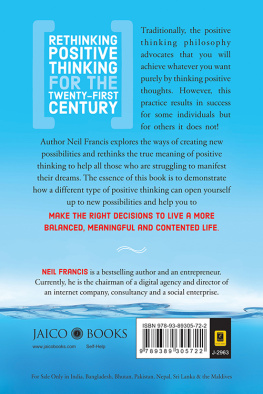
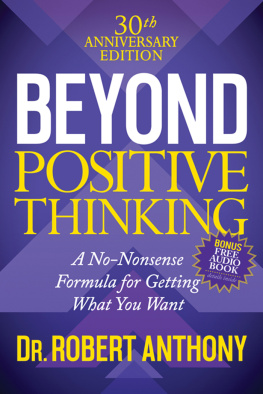


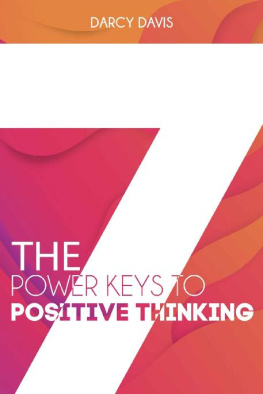


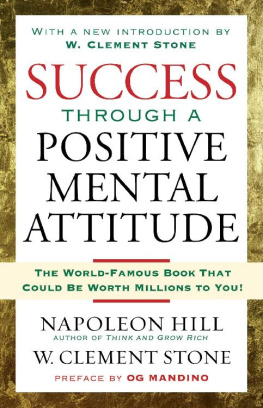
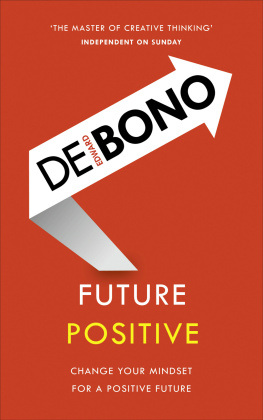



 TM are registered
TM are registered